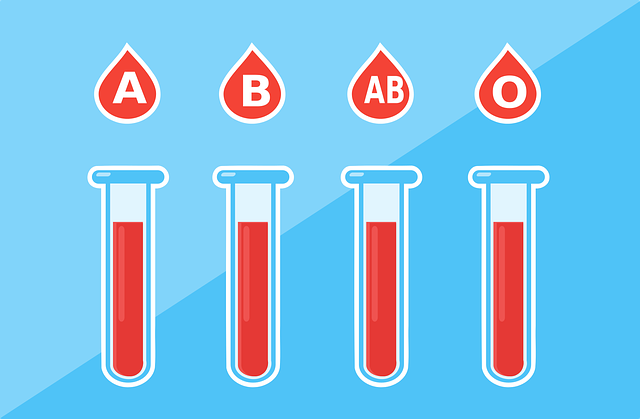
Image Credit: Pixabay
Prevention is always better than cure and this is the reason why every individual is advised to undergo a regular preventive health check-up after a certain age.
However, people are often confused about when they should exactly start undergoing specific tests and which type of screening they should definitely undergo.
Getting checked early for specific conditions and diseases is always good. It can help identify common conditions such as diabetes, hypertension, and osteoporosis in their initial stages.
Early detection of specific conditions such as coronary artery disease (CAD) and cancer can yield good results and better outcomes with treatment.
One more benefit of screening tests is that they can help identify conditions that are often symptomless in the beginning. Specific tests and examinations can help spot illnesses before they spread and start to show signs and symptoms.
Every human has different body chemistry and medical needs. Therefore, the medical decision related to screening tests must be made on an individual basis.
This is the reason why nowadays it is important to have an intricate medical discussion with the doctor to analyze individual health concerns and needs.
There are specific factors that determine which screening tests you actually need. Some of these factors include age, family history of specific diseases, underlying conditions, vital parameters, and other risk factors such as lifestyle and dietary choices.
This article talks about some of the screening tests that women aged over 40 must undergo.
#1. Cervical Cancer Screening
Cervical cancer screening includes the PAP smear test, which is similar to a swab used to test for human papillomavirus (HPV). Women should ideally get cervical cancer screening done every five years as they turn 30.
Ideally, it should be mandatory for women up to age 65 to undergo Pap Smear tests for cervical cancer screening every five years.
This test looks for any unusual changes in the cells of the cervix. If there is any abnormality, the doctors can further advise tests such as a biopsy to get a clear understanding of the condition and accordingly advise timely treatment.
#2. Breast Cancer Screening
Breast cancer screening includes conducting a mammogram, which is one of the most effective tools used today to detect breast cancer.
It is highly important for doctors to diagnose breast cancer in its earliest stages because the future outcomes, level of metastasis, and quality of life after treatment depend hugely on it.
Women aged 40 should start getting a mammogram done once every two years. However, the frequency may increase or decrease depending on the individual risk factors and the family history of breast or ovarian cancer.
(See also: How to Raise Breast Cancer Awareness)
#3. Lipid Profile
A lipid profile helps reveal the levels of good and bad cholesterol levels, in addition to the triglycerides levels (fat present in the blood).
All women aged 40 and above with moderate risk of heart disease should undergo a lipid profile blood test once a year.
Women aged between 30 and 40 with an increased risk of heart disease are also advised to undergo lipid profile testing at least once a year.
High cholesterol levels may indicate the presence of a heart disease and in such cases, stroke and heart attack are warranted.
Keeping a tab on your cholesterol levels can actually help introduce heart-healthy changes in the lifestyle that can possibly help prevent the occurrence of a fatal cardiac event.
This is absolutely essential for women nearing menopause as it is marked by a fall in estrogen levels.
This hormone naturally protects against heart disease and a fall in its levels may diminish protection against cardiac disorders.
#4. Osteoporosis Screening
This screening test is important for women once they cross 40 years.
However, it is absolutely essential for women who are nearing menopause and those who have attained it.
This is because, around menopause, women start to lose bone mass, which can possibly lead to painful fractures on a minor twist or fall.
This screening involves a special test called dual-energy X-ray absorptiometry (DXA). It measures bone strength.
Upon confirmation of osteoporosis, the doctors can prescribe medications and lifestyle modifications to prevent fractures and joint deformation in the future.
#5. Blood Glucose Testing
A simple urine or a blood test can help identify the levels of glucose levels in the body. This is a part of screening for type 2 diabetes or pre-diabetes.
Early screening for type 2 diabetes can help prevent a number of conditions, including heart-related fatal events.
Diabetes screening is all the more important in women because it can also increase the risk of eating disorders and depression, which are more prevalent in women. Women aged between 40 and 70 are advised to undergo diabetes screening once a year.
However, women with a family history of diabetes or other risk factors should start undergoing it sooner.
(See also: Is It Possible to Cure Diabetes?)
About the Author:
Guneet Bhatia is a freelance medical writing professional who lives in India. She is an aspiring novelist who intends to live a nomadic life with a vision to empathetically touch as many lives as a person can during his or her lifetime. She has a vested interest in breaking the health myths that people often surround themselves with.




